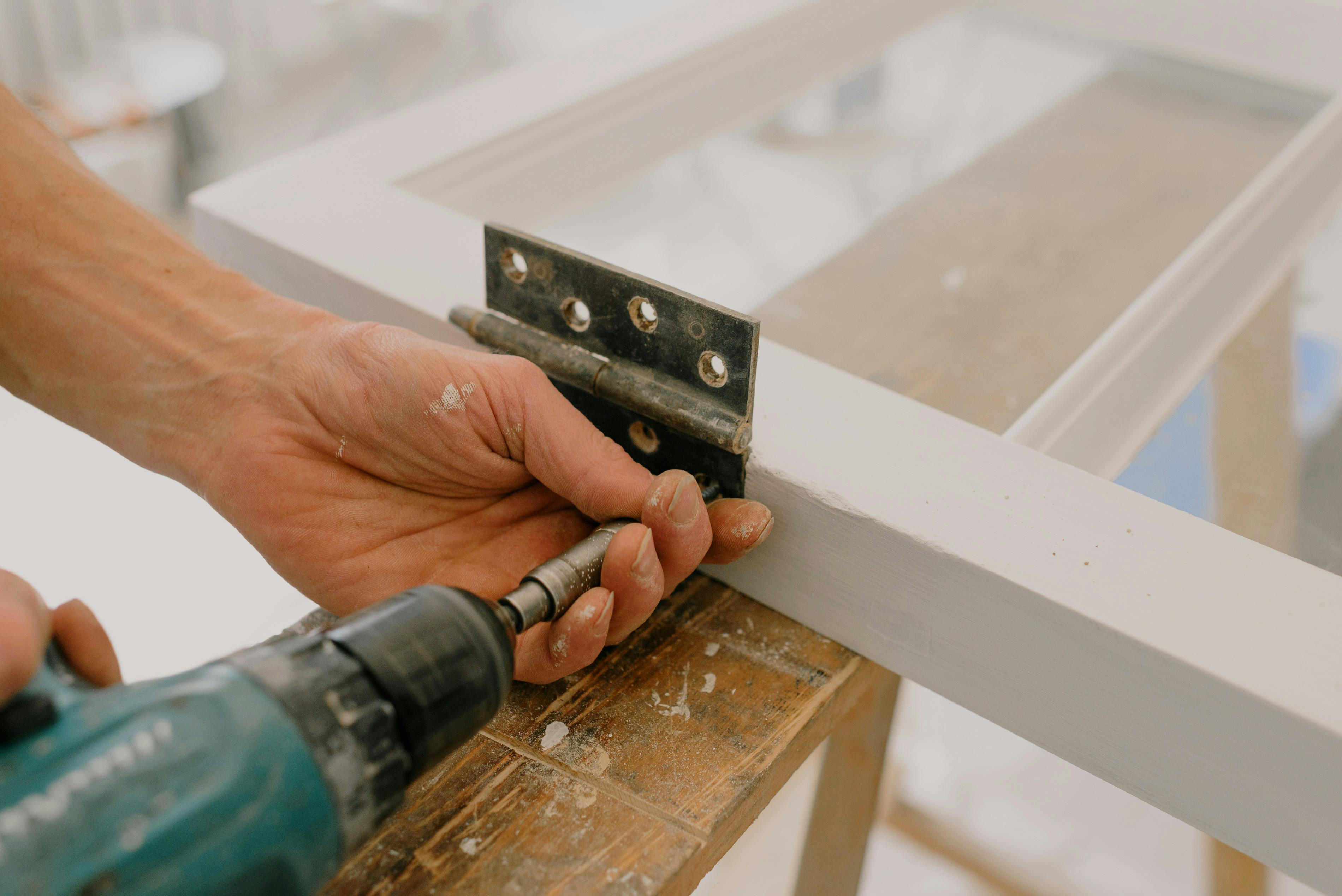Authentic Japanese swords can and often do cost a small fortune.
In fact, many (though not all) sword collectors maintain that to get a halfway decent sword, you should spend around US$1000. And the maximum? Well, the sky is the limit (there are quite a few Japanese katanas that sell for around US$25,000).
So what’s up with all those $50 swords selling on eBay and everywhere else?
Well, at the end of the day, these swords are often junk ornamental “sword-like items”. They cannot be used as a martial arts weapon. Even turning them with moderate force runs the risk of the blade breaking in the handle…
But if you know what to look for, it is quite possible to buy authentic Japanese swords at a reasonable price, for example, between 150 and 500 US dollars. And in some cases, even for less than this amount of money, it is possible to get a good sword that is well balanced, sharp, strong, and an excellent choice to buy.
However, for starters, let’s take a quick look at what separated authentic Japanese swords from ornamental ones:
- Japanese swords are slightly curved, sharp, and single-edged.
- Authentic Japanese swords are light and fast weapons and should not weigh more than 3 pounds maximum. They are also very well balanced.
- Real Japanese swords are not made of stainless steel, they are made of high carbon steel. They also have what is called a “differentially tempered blade”, which means that the sharp edge of the sword is harder than the spine, giving the sword flexibility (so it won’t break on impact), but also an extreme cutting power.
- Authentic Japanese swords also have a tang (the part of the blade that goes into the handle) that is made as part of the blade, not a piece of steel welded on afterwards (called a “rat tail” tang).
There are also a few other factors to consider, such as the traditional look and accessories…
Now, in our target price range of US$150 to $500, there are only a few swords that qualify, and you’d be surprised, they’re not necessarily the most expensive either…
The first is the Katana BWT Generation 2 (about $329 + shipping)
While I really like the Gen2s line of European swords as high quality but very affordable “beater” swords, their BWT Katana, while a good choice, still has some major drawbacks. There are two versions of this sword: one more traditional but simple looking and one that uses a lot of brown suede and has an almost surreal “cowboy” quality…
Neither is particularly attractive. But the biggest problem is a structural failure, as the BWT Katana uses water buffalo horn for the small but critical band below the hand guard (called the fuchi) which has actually been known to occasionally crack on impact…
Forward…
A lot of people like the Nahuarra from Mexico Katana (RRP around US$200, but it’s almost impossible to buy them at this price and they tend to be over US$400)
Unfortunately, they’re too plain, too heavy (about 3.52 pounds), poorly balanced, sharp (but not quite as sharp as they should be), hard to find, and, well…
Forward…
White weapon make a very durable “Katana” for just a little over US$300. These swords are sharp and extremely durable. But they are by no means traditional. They do not have a differential tempering (they are a monosteel sword, like a European sword, all of a uniform hardness) and they are not balanced correctly…
BUT, they are not a BAD choice… The only thing is, in my opinion (and in the opinion of many Japanese sword enthusiasts around the world) there is a better and even cheaper alternative.
If you’re really looking for an affordable “entry level” Japanese sword, there’s really only one option, and that’s it. practical katana and the Practical Plus Katana by Paul Chen’s Hanwei Forge.
These swords have it all, and for an online price of around US$279 for the Katana Practical Plus and US$169 for the plain vanilla model, they offer excellent value for money.
They are light (less than 3 pounds) and incredibly well balanced. They are made from premium quality high carbon steel. They have a “differently tempered” blade, a solidly built tang, and boy are they these sharp babies! I’ve cut everything from cardboard boxes to bits of rope, plastic bottles filled with water (all shapes and sizes lined up and hung), bamboo, and traditional rolled tatami mats, and it’s no exaggeration to say I never felt a thing. resistance to my cuts. In fact, many of my friends who aren’t crazy about swords are able to effortlessly slice through a plastic water bottle filled with water with such ease that they swear they missed it (until the water gushes all over their feet). .
I love these swords! And what’s so great about them is the price! NOTHING COMES CLOSE!
Now for sure, they’re not the same as swords ten times the price. But I remember seeing on a website when I was first reviewing them a side by side comparison of quite a few different “entry level” Katanas, and these were the only cheap Japanese swords that were even seen, and overall, they were just 33% behind swords TEN TIMES THE PRICE!
Anyway, at the end of the day, if you love authentic Japanese swords and don’t have (or don’t want to spend) a lot of money, you should take a serious look at these swords! I guarantee you will join me and a small army of enthusiastic fans from around the world…
🙂



